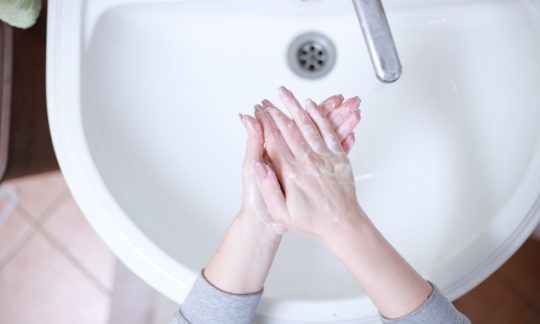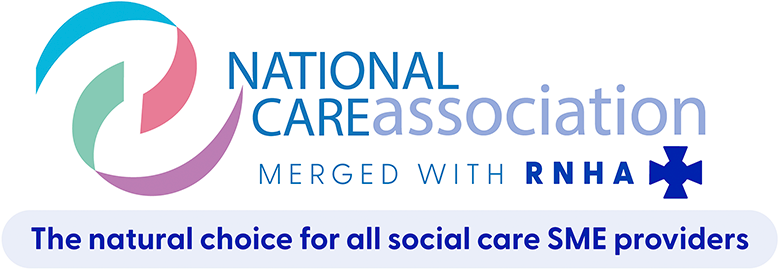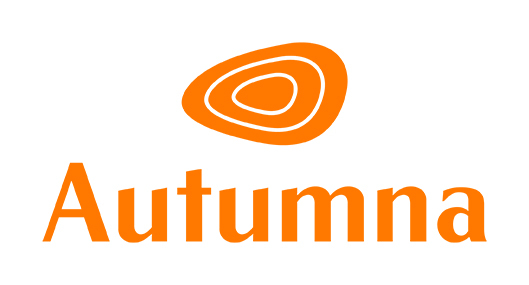4th March 2020
CPA response to COVID-19

As the number of cases within the UK increases, it becomes ever more important for Social Care organisations to have in place plans and approaches for supporting the containment phase that the UK is currently within.
Last week Public Health England produced bespoke guidance for the social care sector, and a full copy of that and other relevant information can be found on the Care Provider Alliance (CPA) website here.
As an alliance of membership organisations the CPA are working extensively with care providers in England to ensure best practice guidelines on the prevention and control of infection in care settings is shared as it is updated. Care providers will be familiar with the management of infection as part of their ongoing delivery of quality care and support to people in the community.
The situation is being closely monitored and guidance will change as we move forward to adapt to the circumstances. We are actively feeding in questions from providers to DHSC and working with senior officials to address the issues pertinent to care providers.
On the 25th Feb 2020 the government published the following guidance for Social or Community Care and Residential settings on COVID-19;
https://www.gov.uk/government/publications/guidance-for-social-or-community-care-and-residential-settings-on-covid-19/guidance-for-social-or-community-care-and-residential-settings-on-covid-19
This guidance is intended for the current position in the UK where there is currently no transmission of COVID-19 in the community. It is therefore very unlikely that anyone receiving care in a care home or the community will become infected.
In order to be vigilant we hope the following information will be useful for both your staff and the people to whom you provide care services;
Signs and symptoms of COVID-19
The following symptoms may develop in the 14 days after exposure to someone who has COVID-19 infection:
- cough
- difficulty in breathing
- fever
Generally, these infections can cause more severe symptoms in people with weakened immune systems, older people, and those with long-term conditions like diabetes, cancer and chronic lung disease.
There are general principles anyone can follow to help prevent the spread of respiratory viruses, including:
- washing your hands often - with soap and water, or use alcohol sanitiser that contains at least 60% alcohol if handwashing facilities are not available - this is particularly important after taking public transport. Guidance is available on hand washing
- covering your cough or sneeze with a tissue, then throwing the tissue in a bin. See Catch It, Bin It, Kill It
- people who feel unwell should stay at home and should not attend work
- employees should wash their hands:
- before leaving home
- on arrival at work
- after using the toilet
- after breaks and sporting activities
- before food preparation
- before eating any food, including snacks
- before leaving work
- on arrival at home
- avoid touching your eyes, nose, and mouth with unwashed hands
- clean and disinfect frequently touched objects and surfaces
- if staff are worried about their symptoms or those of a family member or colleague, please call NHS 111. They should not go to their GP or other healthcare environment
- see further information and the Public Health England Blog and the NHS UK page
You can also find the latest government guidance for the public which is updated daily here: https://www.gov.uk/guidance/wuhan-novel-coronavirus-information-for-the-public
The CPA have developed practical infection control and prevention information, with an infection control checklist that you may find useful. Please see the link here https://www.careprovideralliance.org.uk/business-continuity-infection-control-flu.html
The CPA will continue to update you with practical guidance and the latest government information, we also welcome feedback from providers on the CPA guidance tools and practical issues surrounding COVID-19 we can raise on your behalf with the government.
National Care Association works as part of The Care Provider Alliance (CPA) that brings together the 10 main national associations which represent independent and voluntary adult social care providers in England. We work to represent the sector and ensure a coordinated response to the major issues that affect it.

















